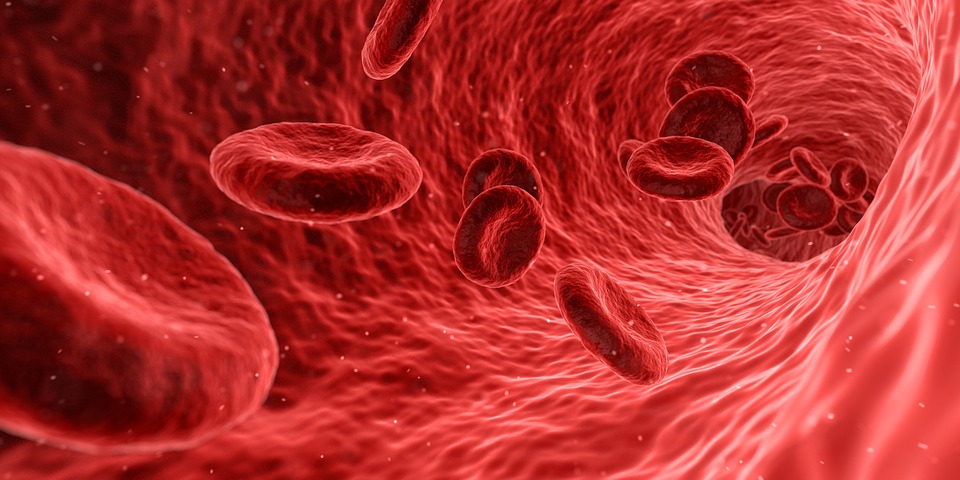Ben Franklin famously wrote: “In this world, nothing can be said to be certain, except death and taxes.” What he didn’t mention, despite being 83 years old, was a third, almost inevitable eventuality: ageing. Depending on when in history and where on the planet you look, ageing is variously considered desirable – bringing with it wisdom and status – or as something to be feared, eliminated, or at least delayed as long as possible.
In the 16th to 18th centuries, Western societies believed old age was a time of considerable worth. But, since the 19th century, we have sought ways to eliminate or minimise the effects of ageing. Even in the time of Herodotus (the 5th century), there were stories of a “Fountain of Youth” located far away in the land of the Ethiopians, whose waters would bring youth and vigour to those who drank from it.
Blood is a potent symbol of life and of death. It is hardly surprising, then, that this incredible fluid is linked to the search for eternal youth in literature, legend, magic and medicine. Recent scientific studies have claimed, almost vampire-like, that transfusions of blood from teenagers can help delay or reverse the ageing process. Where do these claims come from? Do they stack up? And how long will it be before we have the power to stave off what now is inevitable?
By David Irving – Full Story at Live Science



